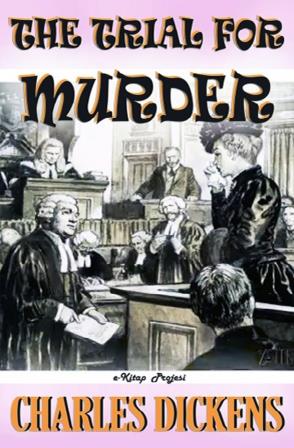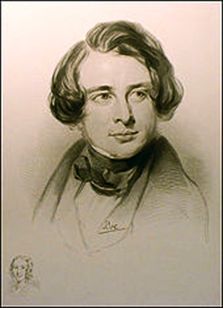
The Trial for Murder
The Trial For Murder, written in 1865, is a short story by Charles Dickens. It is one of Dickens' ghost stories, and is perhaps the best known outside of "A Christmas Carol."
More Search Results...

The Trial For Murder, written in 1865, is a short story by Charles Dickens. It is one of Dickens' ghost stories, and is perhaps the best known outside of "A Christmas Carol."
The Trial For Murder, written in 1865, is a short story by Charles Dickens. It is one of Dickens' ghost stories, and is perhaps the best known outside of "A Christmas Carol."
Charles John Huffam Dickens pen-name "Boz", was the foremost English novelist of the Victorian era, as well as a vigorous social campaigner. Charles John Huffam Dickens (1812 – 1870) was an English writer and social critic, who also He created some of the world's most memorable fictional characters and is generally regarded as the greatest novelist of the Victorian period. During his life, his works enjoyed unprecedented fame, and by the twentieth century his literary genius was broadly acknowledged by critics and scholars. His novels and short stories continue to be widely popular.
Other Books of Dickens:
• A Tale of Two Cities (1859)
• Great Expectations (1861)
• David Copperfield (1850)
• A Christmas Carol (1843)
• Oliver Twist (1867)
• Little Dorrit (1857)
• The Haunted House (1859)
• Bleak House (1853)
• Our Mutual Friend (1865)
• The Pickwick Papers (1832)

Charles John Huffam Dickens (7 February 1812 – 9 June 1870) was an English writer and social critic. He created some of the world's most memorable fictional characters and is generally regarded as the greatest novelist of the Victorian period. During his life, his works enjoyed unprecedented fame, and by the twentieth century his literary genius was broadly acknowledged by critics and scholars. His novels and short stories continue to be widely popular.
Dickens enjoyed a wider popularity during his lifetime than had any previous author. Much in his work could appeal to the simple and the sophisticated, to the poor and to the queen, and technological developments as well as the qualities of his work enabled his fame to spread worldwide very quickly. His long career saw fluctuations in the reception and sales of individual novels, but none of them was negligible or uncharacteristic or disregarded, and, though he is now admired for aspects and phases of his work that were given less weight by his contemporaries, his popularity has never ceased. The most abundantly comic of English authors, he was much more than a great entertainer. The range, compassion, and intelligence of his apprehension of his society and its shortcomings enriched his novels and made him both one of the great forces in 19th-century literature and an influential spokesman of the conscience of his age.
